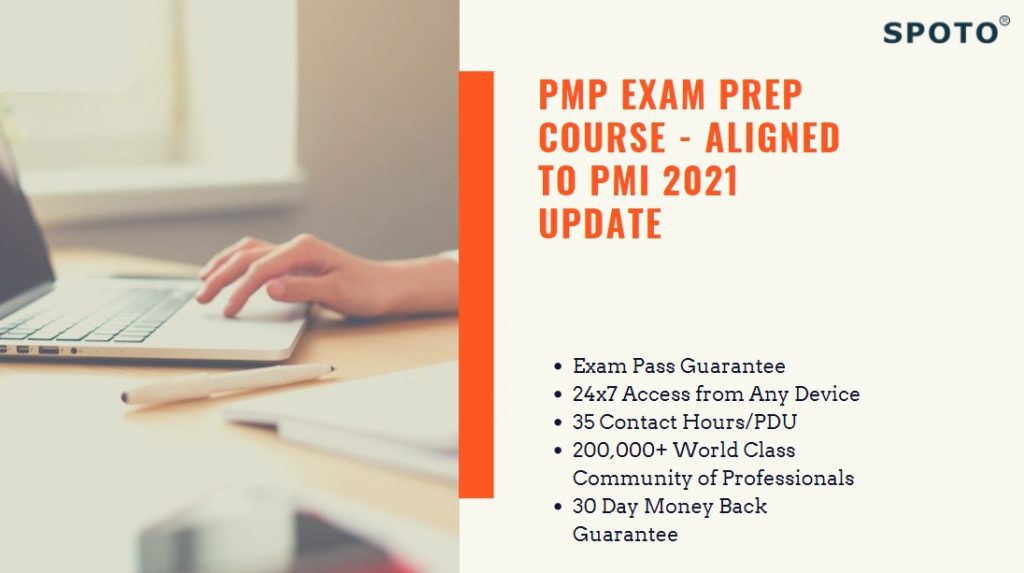Whether you’re a new project manager or a seasoned industry veteran, you know there’s a lot to keep up within your professional life. To keep your projects running as smoothly as possible, you must understand how to incorporate cutting-edge thinking and methodologies. You must constantly motivate your project teams and keep them on the cutting edge of efficiency, speed, and quality. And there are always new technologies to learn that can help you maintain your already stellar reputation in your organization.
And today, businesses are going digital in a big way, incorporating not only new technologies and methodologies into their projects, but also honing their digital skills to position themselves as strategic assets. The best thing Project Managers can do for their careers is to go digital. Here are a few pointers for riding the digital wave.
Why You Should Be Concerned
It is a constant battle for Project Managers to keep projects on budget and on time. In a study of nearly 1500 IT projects, Harvard Business Review discovered that all but one in six had a cost overrun of 200 percent and a schedule overrun of nearly 70 percent. According to the Project Management Institute (PMI), for every $1 billion invested in the United States, $122 million is lost due to poor project performance.
Those are some pretty scary statistics, and they speak to the complexity of most projects. Companies that implement digital project management principles and leverage the right technologies and methodologies, on the other hand, can create a higher-functioning organization that produces better results. According to PMI, high-performing organizations complete 89 percent of their projects successfully, while low performers complete only 36 percent. Becoming digitally ready is the first critical step toward developing the right mindset, processes, and initiatives based on collaboration and results.

Allow Data to Improve Your Digital Toolkit
Big Data can be extremely beneficial to project managers. According to the International Project Management Institute (IPMA), Big Data is being used in the project management field to do everything from optimizing team configuration and planning processes to developing better risk management and response strategies and developing more efficient quality standards – all of which are critical components of a top-tier PM organization. Furthermore, companies that create data-driven cultures are purpose-built to leverage Big Data, and today, more than 85 percent of respondents in a recent survey say that their companies have begun programs to create data-driven cultures. Data can help power the effectiveness of your new digital techniques.
Take a look at the Customer Side of the Equation.
Unfortunately, many project managers become fixated on the internal workings of product development or IT, and they rarely have the opportunity to see what happens on the company’s external face. Improving the customer experience is consistently ranked as the leading driver of digital transformation, and today’s digital project managers are trained to make a difference in this area. How are they going to get there? They learn social media marketing in order to join the 83 percent of marketers who actively pursue social initiatives in order to better understand customer preferences. They learn how to influence SEO results (a $72 billion industry) from the back end, as well as how to use Web Analytics to improve the ROI of internal and external programs.
Choose the Most Efficient Digitally Enabled Methodologies
Agile techniques, true to their name, are the perfect tonic for project managers who require a more nimble approach to project management. Agile-based projects are more streamlined and modular, allowing project managers to deliver in functional stages, make changes and modifications on the fly, and build a better team collaboration infrastructure. Agile projects outperform traditional projects by 28%, making Agile one of the most popular project management methods in today’s digital world. When combined with Scrum techniques (as used by 89 percent of Agile users), where teams produce working code in phases at the end of each “sprint,” projects are easier to track, move faster, and improve on-the-job satisfaction for projects participants.
Accept ITSM and DevOps Best Practices.
Project managers have a significant impact on how technology is built and deployed, and they can advance their careers by demonstrating proficiency in IT service management and the burgeoning field of DevOps, which is now the fourth most sought-after position according to the Hired State of Salaries Report. Digital project managers can also better align IT and corporate business objectives, which is a key tenet shared by 65 percent of high-maturity IT organizations. ITIL Lifecycle training has become an essential part of the new digital project management toolkit.
It’s a great time to be a project manager. There are numerous opportunities for both new and experienced Project Managers to broaden their skill sets and establish themselves as credible strategic players in their organizations.





